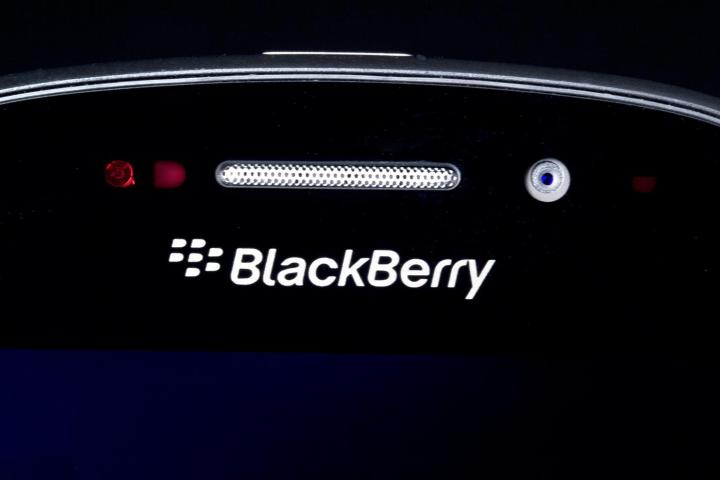
There’s still no telling what will become of struggling mobile maker BlackBerry, with Chinese PC and mobile-device maker Lenovo the latest player said to be considering putting in a bid for the company.
Late last month a consortium led by Toronto-based Fairfax Financial offered $4.7 billion for BlackBerry. More recently, it emerged that company co-founders Mike Lazaridis and Douglas Fredin are also considering buying the once mighty Canadian company.
And now, it seems, there’s interest from overseas with a Wall Street Journal report Thursday revealing Lenovo could offer to purchase the company in its entirety.
According to the Journal’s unnamed source, Lenovo has signed a non-disclosure agreement allowing it to take a look at BlackBerry’s books.
Scrutiny
However, any subsequent deal would face scrutiny by the Canadian government, as any bid exceeding CAD$344 million ($334 million) from overseas for a Canadian company must pass a government review to see if it brings about a “net economic benefit”.
An evaluation as to whether such a buyout would generate a security risk for the country would also be carried out. With BlackBerry still used by a number of Canadian and US government agencies, and the House of Representatives intelligence panel last year suggesting Chinese telecom companies ZTE and Huawei could pose a security threat, the evaluation will certainly be an interesting element of any proposed buyout. Incidentally, on Friday Huawei insisted it operates completely independently of the Chinese government and has never once come under its influence.
Lenovo saw its Q2 2013 smartphone shipments hit 11.3 million units, up from 4.9 million a year earlier. The majority of these sales were in the Chinese market, so buying BlackBerry could lead to a more global presence for Lenovo.
News of Lenovo’s interest hasn’t come as a total surprise to those who’ve been following the story. Company CEO Yang Yuanqing said back in March that Lenovo could conceivably buy BlackBerry, depending on market conditions.
Earlier reports have suggested other companies such as Samsung, Google, and Cisco have been interested in buying parts of the firm formerly known as Research In Motion, though Lenovo appears to be interested in purchasing the whole company.
It wouldn’t be Lenovo’s first takeover of a Western business – nine years ago it bought IBM’s PC business for $1.25 billion. The deal was, at the time, one of the biggest ever buyouts by a Chinese firm, the Journal said.
In the face of competition from the likes of Apple and Samsung, BlackBerry’s share of the smartphone market has plummeted in recent years. Its all-new BB10 mobile platform, launched at the start of the year, failed to grab the attention of consumers, leading to the company’s revelation over the summer that it was looking at the possibility of putting itself up for sale.
With BlackBerry reportedly keen to get a deal inked by November, we don’t have too long to wait to learn the fate of the firm that once dominated the smartphone market.


